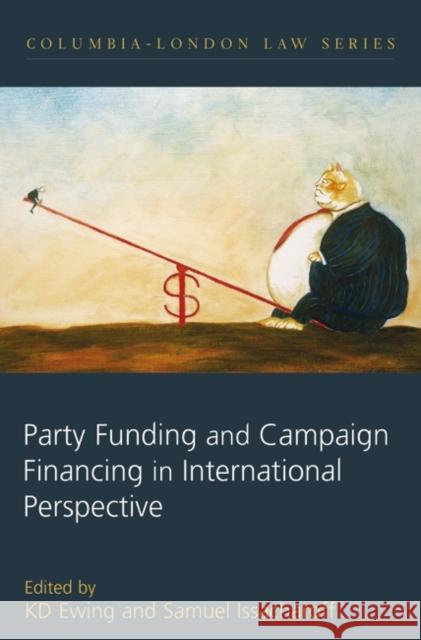Party Funding and Campaign Financing in International Perspective » książka
Party Funding and Campaign Financing in International Perspective
ISBN-13: 9781841135700 / Angielski / Twarda / 2006 / 342 str.
This volume deals with questions of political party funding and campaign financing, issues which arouse controversy in many parts of the world. How are the central actors in the political arena supposed to gather the funds necessary to operate effectively on behalf of their chosen political ends? And, how may they spend money in furtherance of their political objectives? This book explores these issues in the specific context of a number of national settings. The studies presented here show that financing questions cannot be addressed independent of the constitutional conventions of the country, the nature of the political parties in the country, and the means of access to publication and the media in any given nation. It may be one matter in the US, where the political parties do not have a mass institutional base, to restrict contributions from any particular source to a few thousand dollars, or even to prohibit union contributions to political parties altogether. But in a country with a Labor Party built upon the union structure, that same rule would be an invitation to state assault upon a central political actor. Similarly, the high role of constitutional oversight in the United States and Canada yields surprisingly divergent results in terms of whether contributions or expenditures may be curtailed. The national studies in this volume reveal a rich diversity in the approach to regulation in Australia, Canada, the European Union, Japan, New Zealand, Quebec, the United Kingdom, and the United States.











